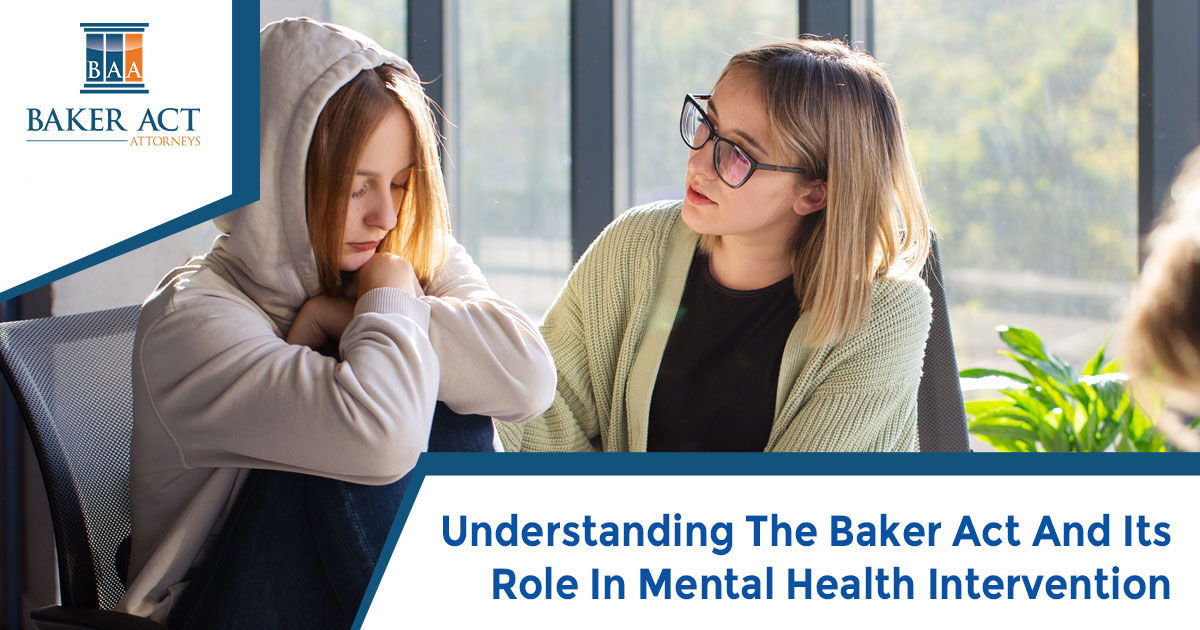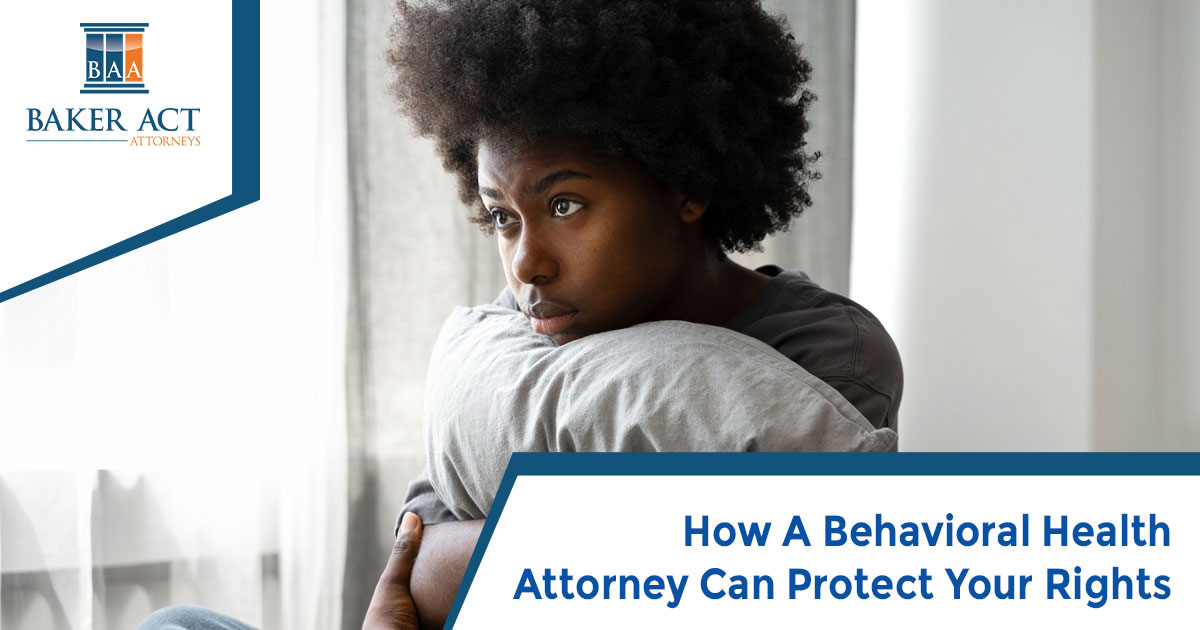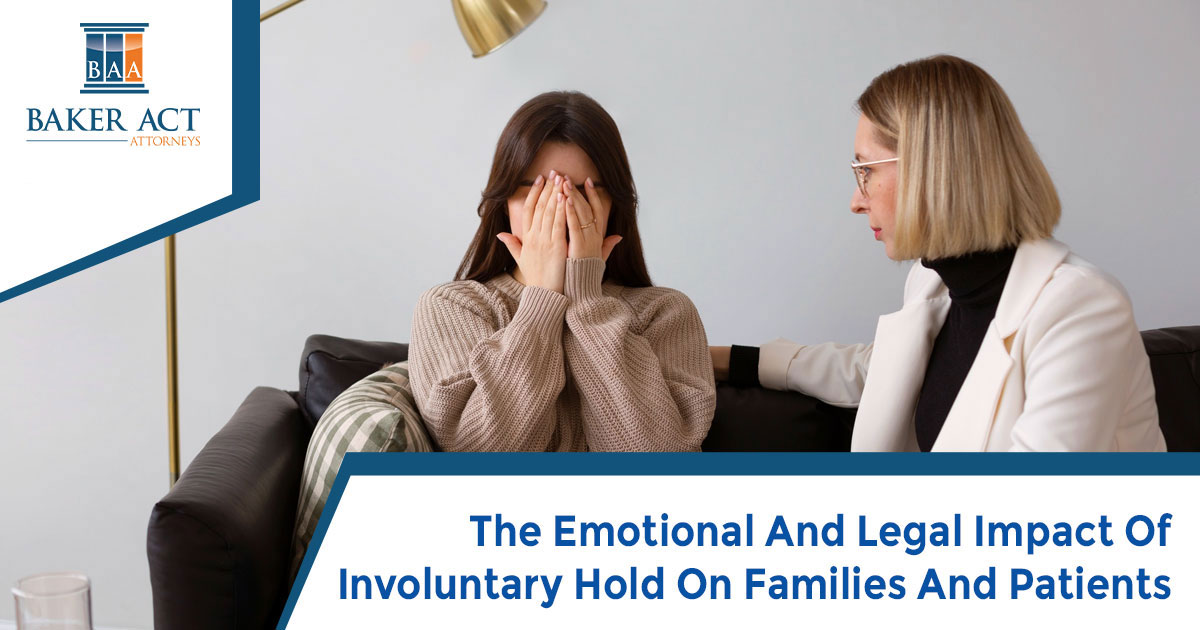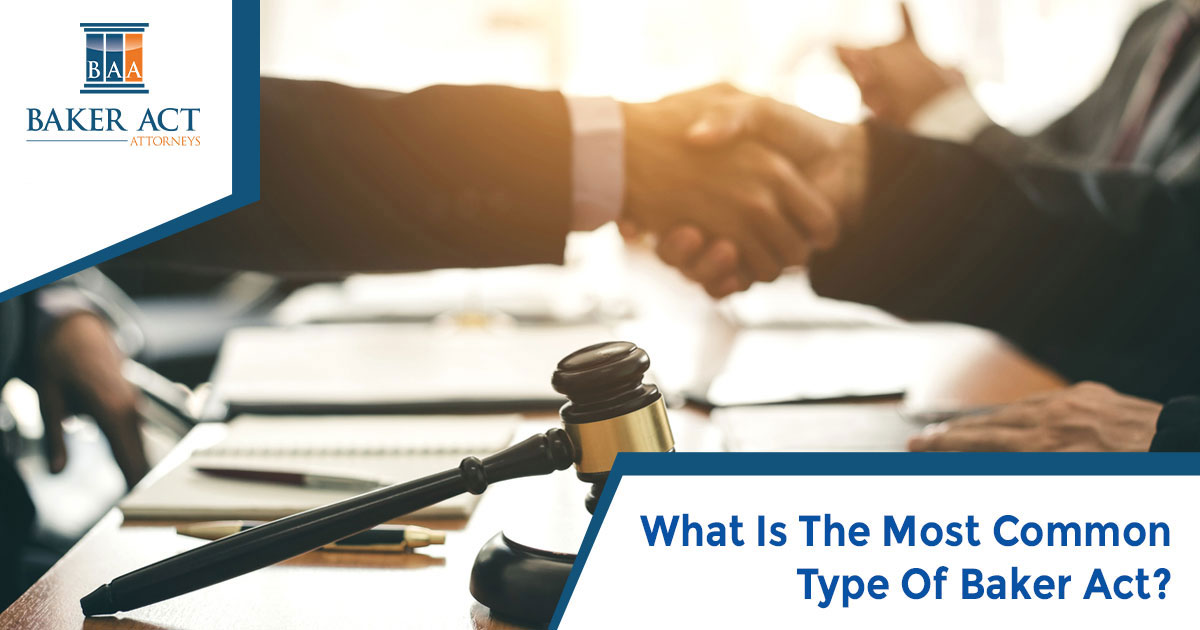The Baker Act is the cornerstone of Florida’s mental health legislation. It plays an important role in helping those struggling with mental illness to access the help they need, and in some cases, it is a life-saving intervention. If you have a loved one with a mental illness, developing a basic understanding of the Florida Baker […]
How A Behavioral Health Attorney Can Protect Your Rights
Behavioral health is a term that generally refers to someone’s mental health, lifestyle, substance use, patterns of conduct, and interpersonal relationships. For those who enjoy good behavioral health, there is usually little need to think about the legal framework that relates to it. However, for a growing number of Americans, living with mental illness and other […]
The Emotional And Legal Impact Of Involuntary Hold On Families And Patients
An involuntary hold is generally considered an effort of last resort and used when someone is deemed an immediate risk to themselves or others. When an involuntary hold is imposed on yourself or a loved one, it can have severe emotional and legal impacts. Understanding the basics of an involuntary hold and its emotional and […]
What Is The Most Common Type Of Baker Act?
The Florida Mental Health Act – commonly referred to as the Baker Act – was passed to ensure that people experiencing mental and emotional impairment to the extent that they are a risk to themselves and others are able to get the treatment they need. However, the Baker Act is frequently invoked inappropriately to detain […]




